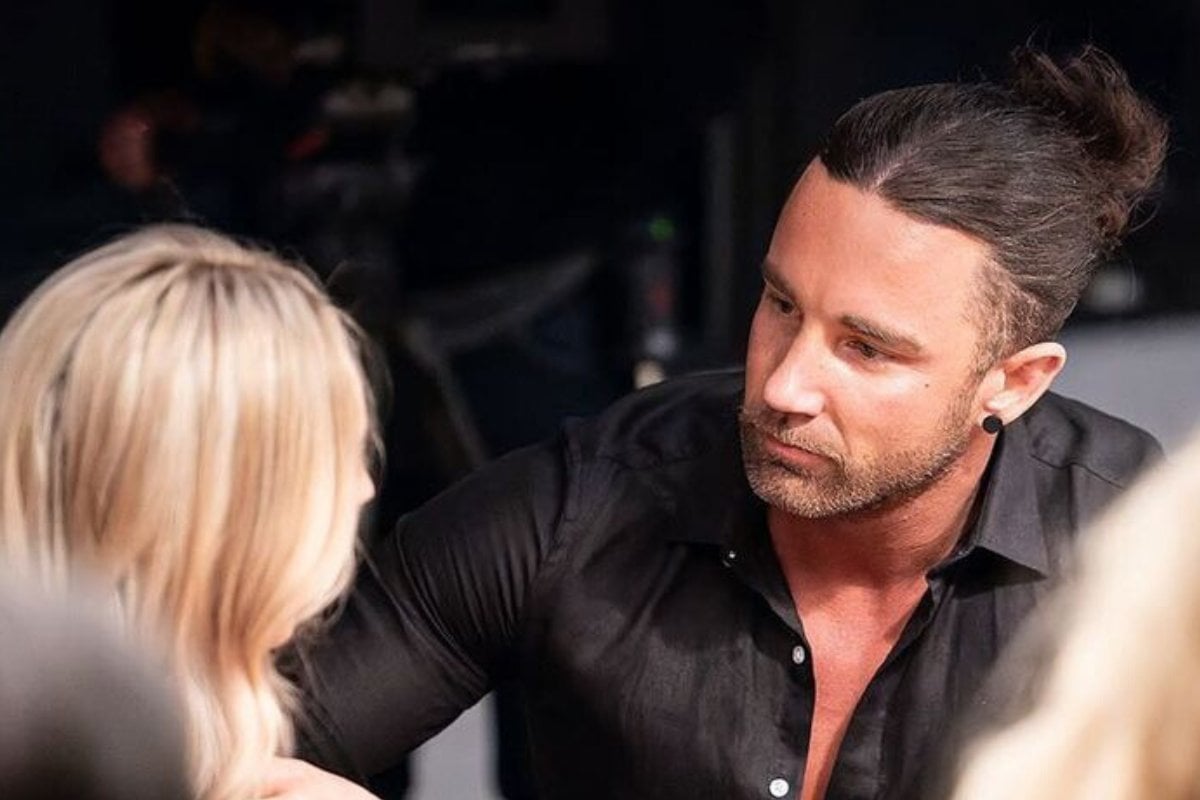
Whether the producers of Married At First Sight Australia are truly committed to helping lovelorn people find their true match has never been a question (spoiler alert: they aren't).
But over the last few seasons, I've come to realise that the MAFS team are on a much holier mission—to shine artificial sunlight on toxic behaviour. Yes, for the ratings (always the ratings), but also as a public service.
I’m going to call it 'warning-tainment' and put it on the same level of Border Security. Its recipe for success being one part schadenfreude and one part a reminder to the world that 'Come to Australia? This is what awaits you'.
We love to watch it because we see elements of ourselves in every character. Or we've been at the mercy of one.
With every negging comment ("I have a high sex drive but I'm not attracted to you."), every joke that isn’t a joke ("Oh the whales are in the pool."), and every blatantly sexist line ("Can you muzzle your woman?"), MAFS is throwing visual antiseptic on a type of behaviour that rarely gets discussed.
Lurking beneath the surface of far too many relationships, is the kind of behaviour that doesn't leave the same bruises and scars of physical abuse, instead it operates in the shadows, manipulating victims through psychological tactics and insidious power dynamics.
The most devastating thing about it is bruises may heal but the emotional effects of this live on.
Watch: Coercive control is a deliberate pattern of abuse. Post continues after video.


Top Comments